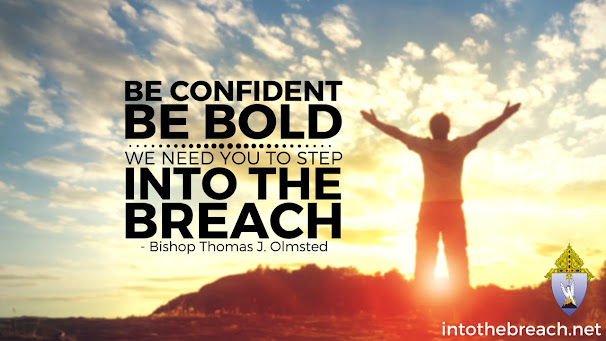AMDG
The world is in moral decline. America has been besieged by the COVID-19 Pandemic since March that has led to large scale unemployment. Intractable problems persist……racial strife, violent riots, extensive crime and corruption, political scandal, widespread drug and alcohol addiction, spiritually dysfunctional and broken families, a flood of pornography, commonly accepted contraception, abortion on demand at any stage of fetal development, assaults on the sanctity of marriage, a misguided gender ideology, coming restrictions on religious freedom of conscience, business social irresponsibility, many pockets of poverty and homelessness, out of control government debt, etc.
A trend toward socialism that was moving
along in the previous administration is expected to accelerate in the coming
administration of the president elect.
Simply look at the backgrounds of the new appointees. At the same time secularism with its so
called political correctness is overcoming the United States and Europe.
People are drifting away from the Church, which is still recovering from the great damage done by clerical sexual abuse. We are losing our youth. People are blatantly ignoring much of Church teaching, including many of our national leaders who claim to be practicing Catholics, but blatantly promote measures in direct opposition to its fundamental principles. Cafeteria Catholicism (picking and choosing what to believe and accept while rejecting or ignoring essential truths not to one’s liking) is penetrating the Church into the parish, down to the man and woman in the pew. It’s all part of a cultural and spiritual war that has been raging since the turn of the 21st Century and before.
In 2015 Bishop Thomas Olmsted, Bishop of Phoenix, confronted this situation with his landmark apostolic exhortation, calling for the restoration of masculine virtues and exhorting men to step into the breach in the battle for the heart and soul of America……..”Be Confident; be bold. We need you to step into the breach”. As soldiers of Christ, read this stirring internationally known document in its entirety.
(106) INTO THE BREACH: An
Apostolic Exhortation to Catholic Men
https://diosteubmen.blogspot.com/2017/02/105-into-breach-apostolic-exhortation.html
The Knights of Columbus followed that with its “Into the Breach Study Guide”. Go to
https://www.kofc.org/un/en/resources/programs/into-the-breach/10683-into-the-breach-study-guide.pdf.
In 2019 or so the Knights of Columbus (KofC) went further with a full fledged national campaign. Inspired by the Apostolic Exhortation for Catholic men written by Bishop Olmsted of Phoenix, the Knights of Columbus produced its Into the Breach Video Series which seeks to answer the question of what it means to be a man and how to live as a man in today's world. It is very interesting, convincing, and well done. According to the KofC website (www.kofc.org), “Into the Breach is a call to battle for Catholic men which urges them to embrace wholeheartedly masculine virtues in a world in crisis”.
This campaign aims to penetrate into the local parish through the nearest Knights of Columbus council, which is asked to show and discuss the video series. Each of the 12 episodes is about 12 minutes long, very much suited for a council meeting plus some discussion. The series includes: 1) Masculinity; 2) Brotherhood; 3) Leadership; 4) Fatherhood; 5) Family; 6) Life; 7) Prayer; 8) Suffering; 9) Sacramental Life; 10) Spiritual Warfare; 11) Evangelization; and 12) The Cornerstone. Go to
https://www.kofc.org/en/campaigns/into-the-breach.html
May each one of us
equip and develop ourselves in every way such as by spiritual reading and
viewing such videos as mentioned above.
Then we will be equipped to join the battle and step into the breach in the
line that is being penetrated and assaulted by the forces of evil. Do your part in at least little ways, beginning with your family and extending into the work place and the community.
Be alert for opportunities
and pray to the Holy Spirit daily for
guidance on what to do, what to say, and what to write. Brother knight Jay Stapleton, a member of our
parish and owner of a small business, thought that he could make a difference
by running for public office. Now he’s a
county commissioner. Let’s pray for
his success.
If handicapped, suffering from a chronic illness, aged, or even bedridden, you can still join the battle and go into the breach. That is through prayer and offering your crosses, your aches and your pains, to the Lord for the conversion of sinners, as advocated by Our Lady of Fatima, thus giving invaluable support to the men on the front lines. Furthermore, a handicapped person can do clerical jobs in the council or make phone calls to increase the membership rolls and meeting attendance.
Your little bits done every day
count and over a life time can add up to greatness. Do it all for the glory of God. You and men like you can make your family a
true domestic church; you can be a force for good in your parish, your
workplace, and your community; and ultimately change the world for Christ.



